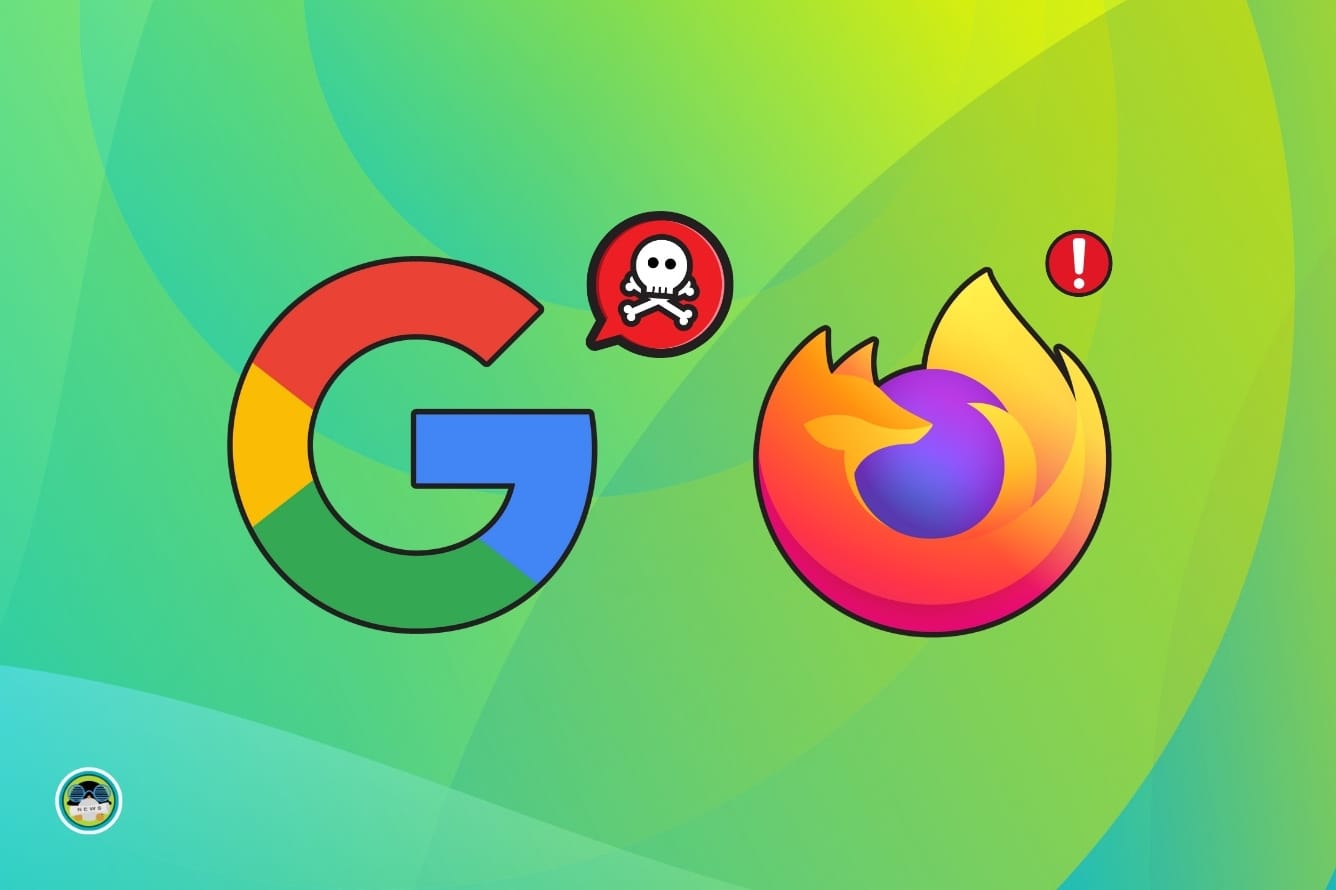
Mozilla found itself in a precarious position around this time last year. The Firefox maker was staring down the barrel of a potential financial catastrophe as Google's antitrust case loomed large.
With over 85% of Mozilla's annual revenue coming from Google's search deal payments, the nonprofit organization faced an existential threat that could have effectively killed Firefox.
The antitrust case against Google had been brewing since 2020, with the Department of Justice arguing that the search giant maintained an illegal monopoly. In August 2024, District Judge Amit P. Mehta delivered a landmark ruling, finding Google guilty of violating the Sherman Antitrust Act due to its monopolistic hold over search markets.
Fast forward to September 2025, and Mozilla can finally breathe easy. Judge Mehta's remedy ruling has essentially preserved the financial lifeline that keeps Firefox alive while still imposing meaningful restrictions on Google's shady business practices.
A Sigh of Relief for Mozilla?
Judge Mehta's ruling is probably the best outcome Mozilla could have hoped for. The judge decided that Google can keep paying companies like Mozilla to make Google the default search engine, as long as these deals aren't exclusive anymore. This means Firefox can still retain its main source of funding.
The court found that cutting off Google's payments would cause "substantial, in some cases, crippling downstream harms" to distribution partners, related markets, and consumers. Mozilla had argued during the case that losing Google payments could put Firefox out of business. Opera made similar claims about the impact on their operations.
Judge Mehta's comprehensive ruling bans Google from making exclusive contracts for Search, Chrome, Google Assistant, and Gemini. Plus, it can't bundle services or tie revenue payments to placing multiple apps.
Additionally, Google must share search index and user data with competitors and has to provide search syndication services to help competitors build their own search technologies.
Interestingly, Google won't have to sell Chrome or Android. The judge said prosecutors "overreached" in demanding these sales because Google didn't use these assets to create illegal restraints.
Judge Amit P. Mehta also adds that:
The emergence of GenAI changed the course of this case. No witness at the liability trial testified that GenAI products posed a near-term threat to GSEs. The very first witness at the remedies hearing, by contrast, placed GenAI front and center as a nascent competitive threat.
These remedies proceedings thus have been as much about promoting competition among GSEs as ensuring that Google’s dominance in search does not carry over into the GenAI space. Many of Plaintiffs’ proposed remedies are crafted with that latter objective in mind.
Google has issued a measured response to the ruling, stating they're "reviewing the decision closely" while expressing concerns about limits on service distribution and data sharing requirements. The company noted relief that Chrome and Android divestiture was avoided, calling such measures harmful to consumers and partners.
For Mozilla, this ruling provides crucial certainty as their current Google search deal approaches its 2026 expiration date.
I still think Mozilla should've never gone down this Google-funded path. Other web browsers like Vivaldi and Brave have found alternative revenue models that don't rely on Big Tech partnerships. Why must Mozilla resort to relying on the most notorious Big Tech firm there is?
Suggested Read 📖

- Even the biggest players in the Linux world don't care about desktop Linux users. We do.
- We don't put informational content behind paywall. Your support keeps it open for everyone. Think of it like 'pay it forward'.
- Don't like ads? With the Plus membership, you get an ad-free reading experience.
- When millions of AI-generated content is being published daily, you read and learn from real human Linux users.
- It costs just $2 a month, less than the cost of your favorite burger.
Become a Plus Member today and join over 300 people in supporting our work.










